How Ultraviolet Sunscreen Became a $15M Beauty Brand
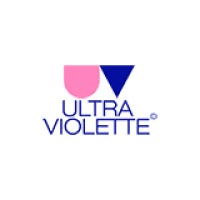
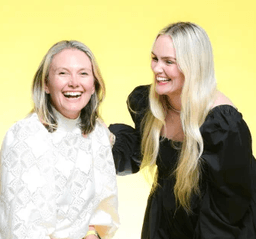
Business Description
Table of Contents
Navigate through the case study sections
Executive Summary
Case Study Content
Ultraviolet’s transformation of daily sunscreen
When Ava Matthews and Rebecca Jefferd left Mecca in early 2017, they knew sunscreen was stuck in low-cost mass channels. Both worn-out by heavy, chalky textures, they saw an opening: a premium daily sunscreen that felt like a glow serum or primer under makeup. They sketched brand names and budgets on Beck’s living room whiteboard, tested ideas with family and advisors, then made a clean break from their day jobs to focus full-time on Ultraviolet.
Two years of R&D to nail the formula
The duo spent nearly 24 months sampling, tweaking and critiquing every base formula from contract labs. They knew what a luxe moisturizer and a smooth primer felt like, so they grafted those textures onto UV filters. Packaging was equally hard: neon accents, custom nozzles and labels that would pop on flat lays. Every detail, from the lab report to the box print, was held against their high standards.
Betting $200K on 40,000 units
By mid-2019 they placed their first production order: 40,000 units for about $200K, with no distributor or website yet live. Facing a ticking expiry date, they insisted on two rounds of stock upfront. A seasoned founder almost fainted when Ava mentioned the volume, but six months later they were reordering for the first time.
Pre-launch buzz and a fast sell-through
Two months before go-live they snagged a magazine feature. Their manufacturer rushed a small batch of press samples. A waitlist grew to over 1,000 emails and Instagram followers before launch day. On DTC site launch, gifting to editors and influencers sparked earned media, reviews, flat-lays and a 10,000-member Facebook forum talking about glowy SPF.
Scaling with owned IP
Off-the-shelf formulas couldn’t keep pace. Ultraviolet built in-house capabilities, diving into raw materials, testing protocols and filter innovation. Their secret ingredients and process became a moat, hard for copycats to replicate and easy to adapt for new markets.
Global reach and customer focus
Australia’s small market drove a global mindset from day one. Partnering exclusively with Sephora unlocked entry to 28 countries. A customer-obsessed culture ensured tweaks based on feedback, whether a scent adjustment or a new spf level. In five years Ultraviolet sold over $15M worth of sunscreen and cemented a loyal fanbase.
Key Takeaways
- 1Founders spotted a gap in daily skincare sunscreen and ideated on a whiteboard for 60 days.
- 2They dedicated two years to formulating a premium texture combining UV protection with beauty actives.
- 3An initial $200K inventory bet on 40,000 units forced them to prioritize demand-driving tactics.
- 4Pre-launch earned media and a waitlist of 1,000+ subscribers fueled a sell-through of first stock.
- 5Owning formulas in-house created a competitive moat and sped up innovation.
- 6Partnering with Sephora enabled rapid expansion into 28 markets, driving global scale.
Key Facts
Tools & Technologies Used
Premium Content Locked
Subscribe to access the tools and technologies used in this case study.
Unlock NowHow to Replicate This Success
Premium Content Locked
Subscribe to access the step-by-step replication guide for this case study.
Unlock NowInterested in Being Featured?
Share your success story with our community of entrepreneurs.
Explore More Case Studies
Discover other inspiring business success stories
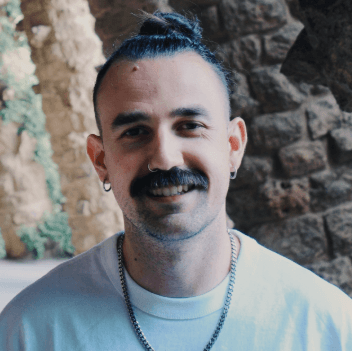
Bootstrapping a $6,500 MRR SaaS Portfolio: Jim Raptis’s Journey
Jim Raptis turned away from the push of VC funding and built a portfolio of three bootstrapped SaaS products, MagicPatte...
Jim Raptis Portfolio
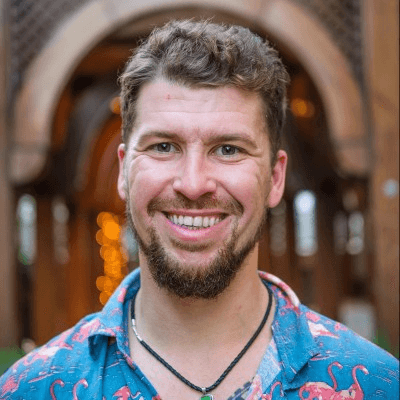
How The Broke Backpacker Scaled from $10/Day Travels to a $1M Global Travel Brand
From a shoestring $10-a-day journey in India to a multi-million dollar travel media brand, Will Hatton’s The Broke Backp...
The Broke Backpacker
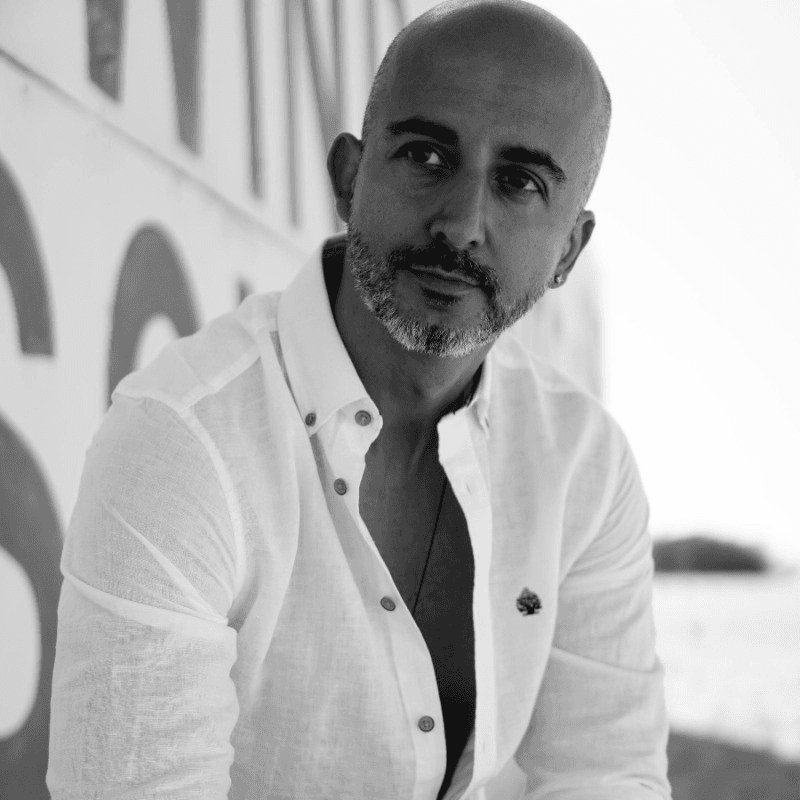
How OODIENCE Achieves 2X Returns on Online Business Sales
OODIENCE specializes in selling blogs and content sites valued from $300K to $30M, using proactive buyer searches and ta...
OODIENCE
